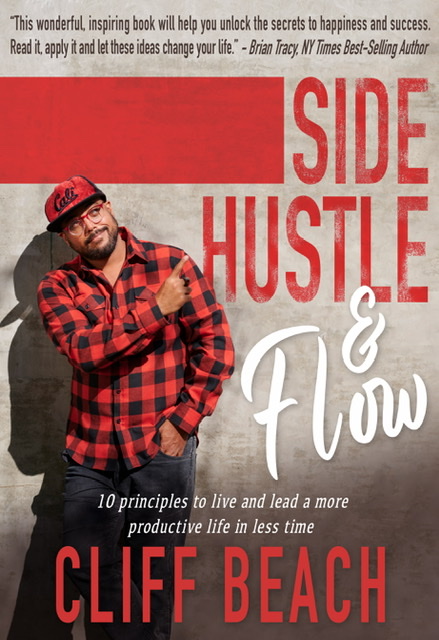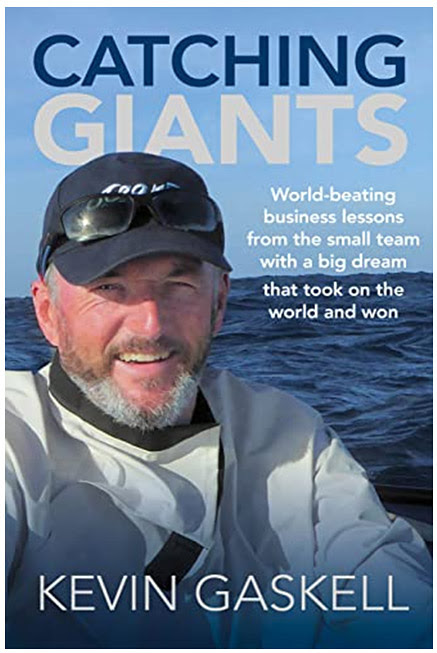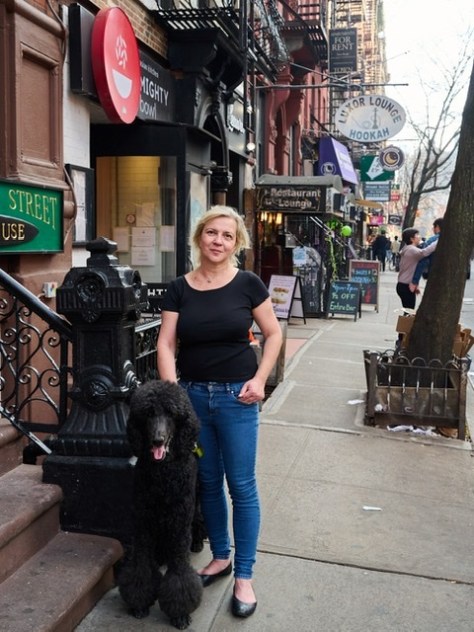I’m so pleased to be part of another book tour – this time it is to highlight “The House On Linden Way ”by Elizabeth Maria Naranjo. This gothic/suspense thriller is just the ticket for Hallowe’en, with its ghosts and a haunted house to boot!

BOOK SUMMARY
While passing through her hometown a decade after she left, Amber Blake impulsively revisits her old house on Linden Way. She only means to stay a moment, to show her three-year-old daughter Bee the place where she grew up. But when the kindly new owners invite them inside, Amber cannot resist.
Soon Bee is missing, the owners have disappeared, and Amber finds herself in a houseful of ghosts. Time takes on new meaning as she loses herself in living memories and a past that does not wish to be forgotten.
As Amber fights the powerful lure of a childhood she’d long left behind, her tenuous hold on the real world slips further from her grasp. Is it merely nostalgia she’s battling, or something far more menacing? Who haunts the house on Linden Way, and where are they hiding her child?
MY INTERVIEW
As the nights draw in, there is nothing more comforting than curling up with a good book – and this adult gothic suspense novel by Elizabeth Maria Naranjo is certainly a story that sucks you in and takes you on an magical adventure that is full of suspense, and enough spookiness to lift the hairs on the back of your neck. I caught up with author Elizabeth Maria Naranjo to chat about her love of ghost stories…Hi Elizabeth! …

Hello! I’m Elizabeth, an author in Tempe, Arizona, who loves ghost stories, rainy days (rare here!), and woodsy getaways. I’ve been writing since I can remember and publishing for about ten years, mostly short fiction and essays in literary journals, but also a book here and there. I’m excited to be here sharing my latest novel, The House on Linden Way, so thank you!
“The House On Linden Way” is your adult gothic suspense novel; you have also written a young adult novel centered around magical realism – “The Fourth Wall”, and numerous short stories and creative non fiction. Who or what inspired you to start your writing career?
I don’t remember ever not writing, so I can’t pinpoint who or what my earliest inspiration was, but I do remember my teachers, as early as second grade, singling me out as a writer and applauding and encouraging my creative efforts. This was an early source of confidence for me and I clung to it, embracing writing as an identity. Teachers have incredible influence.
“The House On Linden Way” is a ghost story with a suspense twist. There are a lot of ghosts and as you read, sometimes you meet characters in the book and just wonder, are they real or figments of imagination? And then there’s Amber and her daughter Bee…. Did you base a lot of your characters on you and people you’ve met in life? Which character did you enjoy writing about the most? Which character was the hardest?
The character that most closely resembles real life is the house itself; I used my childhood home, which I have an almost mythical attachment to, as the setting for the novel. The character of Joey is loosely based on my brother Michael. I appreciate stories that focus on sibling relationships, especially brother/sister relationships, since that’s what I’ve known.
The character I enjoyed writing most was adult Amber, because she was the easiest. She had a clear problem—her daughter was missing and she needed to find her. Little Amber was the hardest, depending on her age in the memories. Her conflict was not as straight-forward, because she wasn’t always aware of it; she doesn’t know what the reader knows. That’s a tricky point of view, but it was a fun challenge.

I love reading gothic/horror/thriller novels – so what attracted you to writing a novel in that genre?
I love reading gothic and horror novels too! I grew up consuming all forms of horror media, from movies to music to books. My brother definitely had something to do with that! The first real horror book I read was Stephen King’s IT and it stuck with me because I’m fascinated with childhood fears; they know no bounds. As for gothic themes and settings, these have also always appealed to me because gothic is the perfect blend of horror and sadness and beauty.
If you could visit any country/place in the world, to base a future novel in, where would you go and why?
Switzerland is so breathtakingly beautiful. The charming villages, the dramatic mountainscapes, the crystal-blue lakes and spruce forests… the whole country looks like a fairy tale. I’d go there.
Are you a bookworm? What is your favourite genre? Kindle or actual book?
Fellow bookworm here for sure! Speculative fiction is my favorite, from ghost stories to supernatural horror to magical realism. Although I will admit an indulgence for cozy mysteries, the sillier the better.
I’m evenly split on Kindle vs. print. What matters to me is the type/size of the print book—I can’t stand hardcovers, and I much prefer mass market paperbacks over trade paperbacks. They’re the perfect size! That said, if a book is more than 400 pages, I’d rather read it on Kindle.

Growing up had you always wanted to be an author or did you have other career aspirations?
As a little girl, I imagined being an author or a schoolteacher. Now I’m both! It works well for me because as much as I love writing, I wouldn’t want to make a career out of it. I like having a steady paycheck and health insurance, and I like the feeling that my writing is something I do because I enjoy it and not because I have to. I also really like teaching! I’m surrounded by little people all day who are amazing and make me laugh and also make me want to tear my hair out sometimes, but it’s just such a rewarding job.
Personal now – what outfits and shoes would you normally be found wearing?
In the summer I wear dresses; it’s just too hot here in the desert to wear anything else. Simple, sleeveless, A-line dresses, heeled flip flops for shoes. In fall and winter, jeans and boots all the way, with v-neck tees and a light jacket or cardigan.
Do you have any favourite shops or online sites ?
I really don’t like clothes shopping, so I stick with the basics: for jeans it’s Old Navy, for dresses it’s JCPenney, and for shoes… well, I’ll just wear them until they’re peeling apart rather than go shoe shopping.
However, if we’re talking any shops, I could spend an entire day in Barnes & Noble. Online my go-to is Etsy, because the creativity and talent of others is wonderful and I love supporting fellow creatives and getting (and giving!) homemade gifts.

What’s next on your clothes/shoe wish list?
I’d like some more tunics because they’re so cute to pair with leggings and boots—I teach in an elementary school and we can wear leggings but not jeans, and I’ve never been a slacks person. Shirts can be tricky for me; I’m only 5 foot 2, and that’s rounding up, so I need just the right length or I look even shorter!
Boots or Shoes?
Boots! Always! They’re just so much more comfortable. Also, I have really big feet, so shoes look silly on me, like I have clown feet. Ankle boots are the perfect solution for this, I’ve found. Also, with boots I never have that problem where the back of the shoe rubs the back of your ankle and you don’t know until you’ve worn the shoes for a whole day and then it’s too late to take them back. Forget shoes.
Links you would like to share e.g. website/facebook etc
Website: http://www.elizabethmarianaranjo.com
Twitter: https://twitter.com/emarianaranjo
BOOK TOUR DATES

Thank you to Elizabeth Maria Naranjo for letting me be part of The House On Linden Way book tour. Thank you for the review copy of The House On Linden Way – I found the book highly enjoyable 😊
Linda x
All photographs in the article have been published with kind permission of Elizabeth Maria Naranjo. The Pinterest and header photo were both by Linda Hobden.


 Follow
Follow

































































